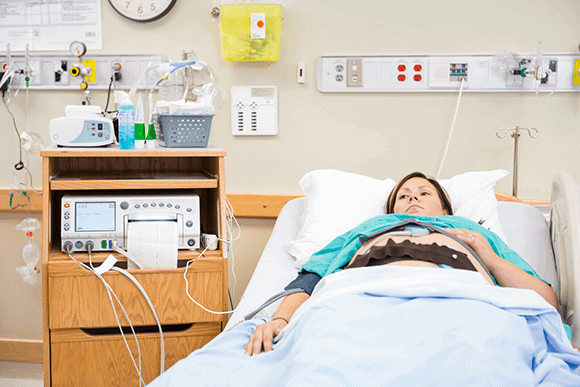
25 Mar 2020 Spouses, Partners Banned from Delivery Rooms in New York COVID-19 Response
As the coronavirus COVID-19 pandemic continues to disrupt the daily lives of millions, pregnant women are facing the prospect of delivering without the comfort of spouses, partners or doulas at their sides.
Two large New York City hospital networks—New York-Presbyterian and Mt. Sinai Health System—announced new policies this week that will bar spouses, partners, family members and even outside birth support providers, such as doulas, from delivery suites, The New York Times reported. New York-Presbyterian initiated the policy changes following the release of New York State Department of Health guidelines that seem to indicate a spouse, partner or “essential support persons” should be allowed, according to the Times report. Some hospitals are arranging for virtual participation by spouses or others via FaceTime or other online platforms.
Sadly, hospitals all over the U.S. are instituting similar changes to policies restricting obstetric ward visitation and delivery room participation. At one Texas hospital, a husband was barred from the labor room, even though it was a high-risk delivery. Clients who are having babies in Nevada and Ohio have run up against similar restrictions.
All this makes planning and preparation—skills at which intended parents and surrogates generally excel—even more critical than usual. Many intended parents and surrogates plan meticulously so that parents can be present during the first moments of their baby’s lives. Intended parents and surrogates scheduled to deliver within the next several months should anticipate that hospital policies and procedures may change from day to day, as the virus peaks and ebbs in different locations at different times.
Here at IFLG we continue to work with our colleagues in the assisted reproductive technology field to identify and share the best, most relevant information available in this rapidly changing environment. Click here for more articles, video and audio recordings designed to help intended parents, surrogates and donors navigate this unprecedented medical crisis.

















